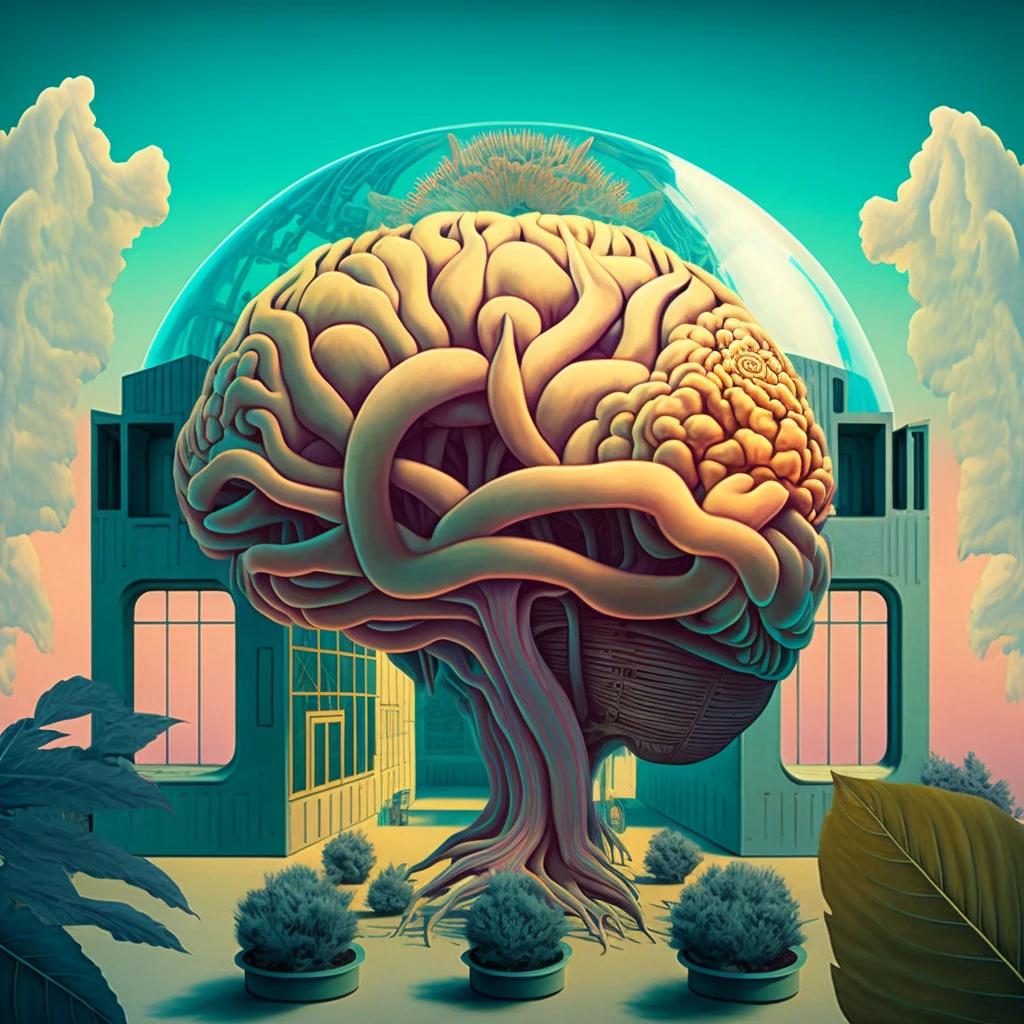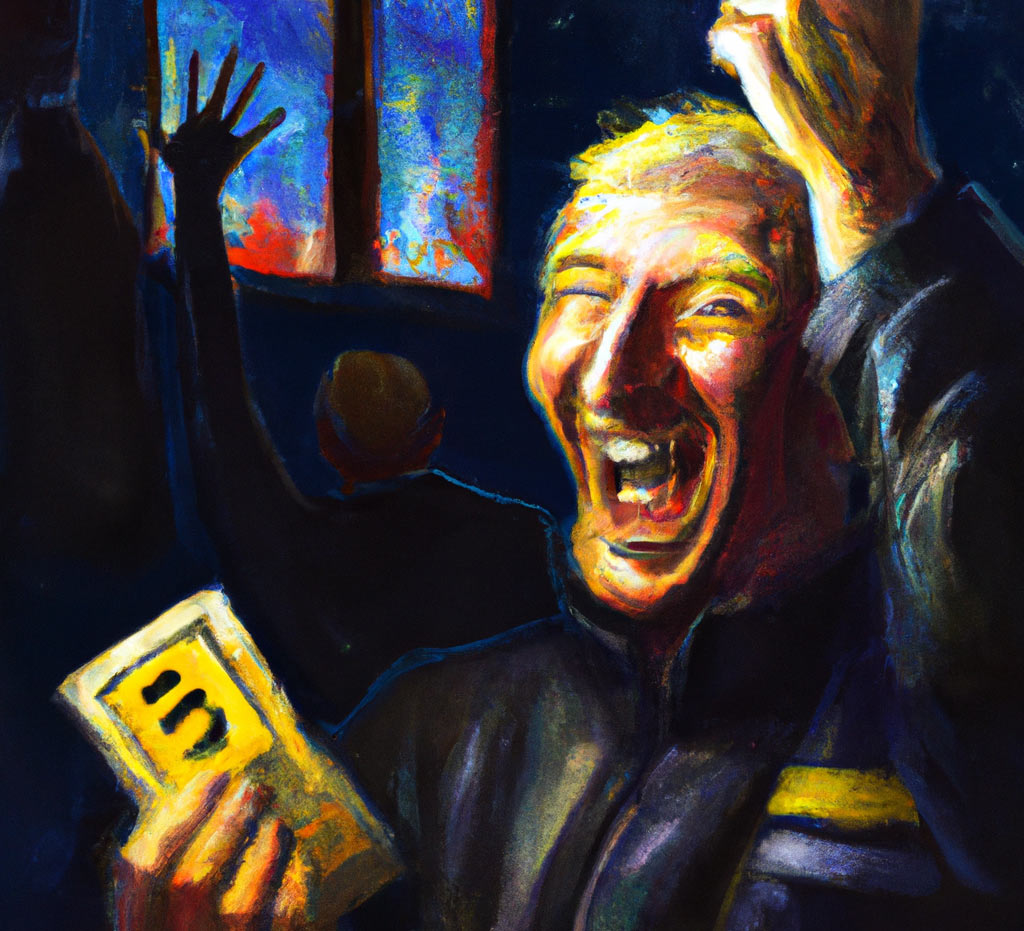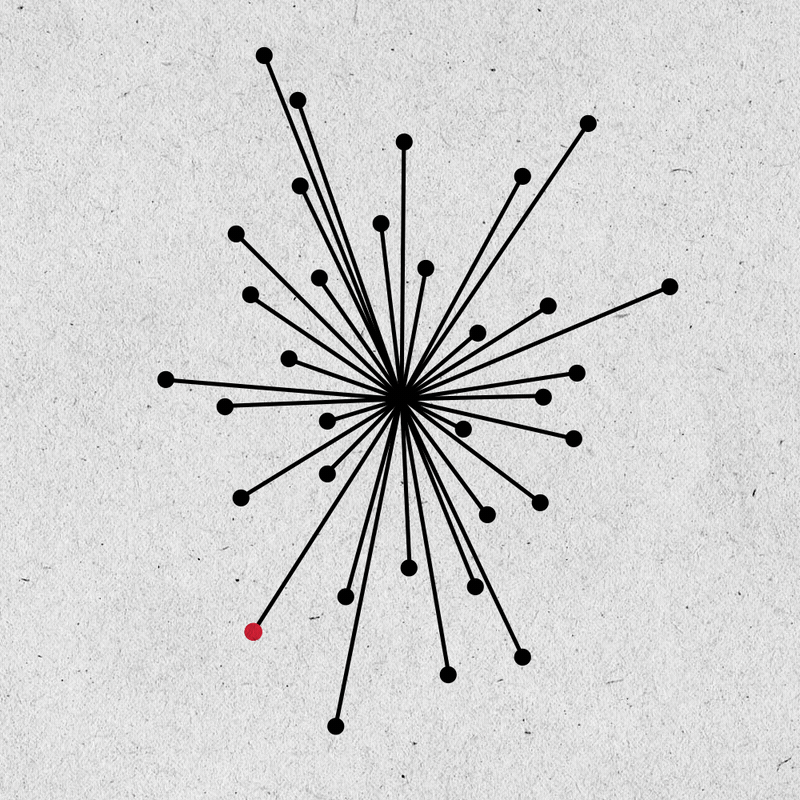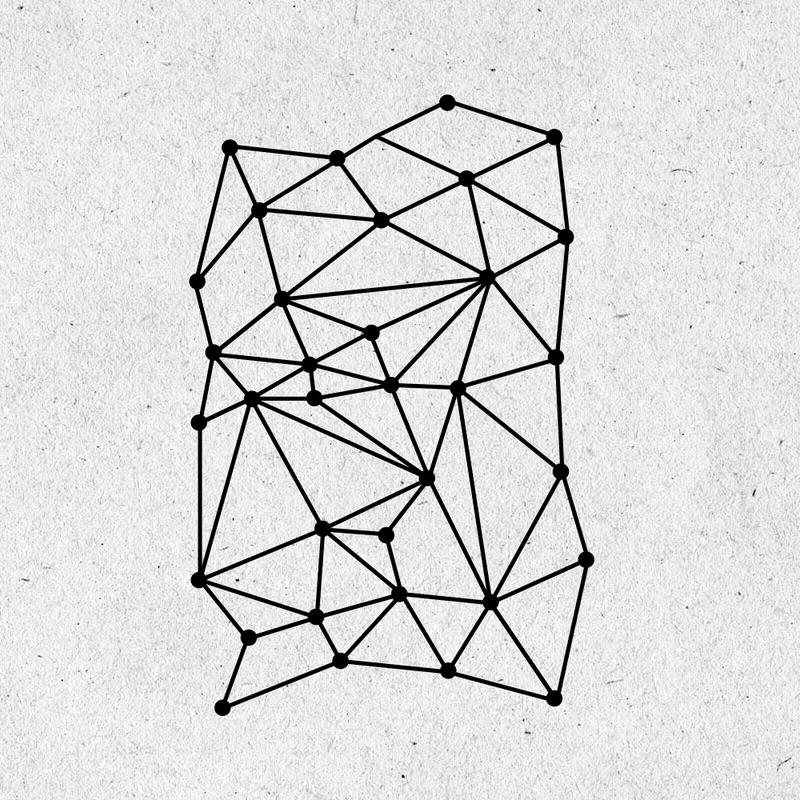TL;DR: Building a Second Brain is about why and how to set up a personal knowledge management system. Tiago Forte, its author, asserts that maintaining such a system takes minimal time and effort and yields substantial creative insight and productivity.
Building a Second Brain to me is about insight hygiene: making sure you retain and keep discoverable all your insights. By collecting and carefully storing these insights, you give yourself a rich substrate to draw, remix, and build on.
The roots of a second brain is a commonplace book, something that people in the early 1900’s would carry with them, taking notes as they read, and keeping most anything there. We have abandoned this practice, thinking that we will always be able to find any information again, that we’ll remember everything that seems so dear and self-evident to us in the moment. But I have come to know that my insights will fade much like dreams upon waking, and that practicing good hygiene to retain these gems is a well-worthwhile endeavor.
My favorite story in the book is a description of how Taylor Swift writes her music. Every time she has an idea for a lyric, she religiously records it on her phone. Then when she’s writing a new song, she will go through her decades of song lyric notes. She remembers a line she wrote several years ago, finds it on her phone, and puts it in her song. As I love Taylor Swift’s clever lyrics (a recent favorite: “I have this thing where I get older but never wiser / midnights become my afternoons”), I loved discovering that her genius is composed of capturing and keenly weaving together the fleeting inspirations of so many days. This is also perhaps why Swift’s lyrics seem to so richly capture her changing inner life.
Another favorite takeaway from this book is how much Forte values remixing others’ ideas. I like this because I don’t think I’m a particularly original or insightful thinker, but I do, like everyone, have my unique experience of the world. Certainly Building a Second Brain isn’t unique, but Forte has built an empire from it, and added so much value to the world with his unique distillation of the ideas. He likens remixing to academic research where you build upon the ideas of others.
I was assuming Forte would prescribe a perfect system for organizing notes, and while he does prescribe an overall loose system, I found it surprising that he suggests you will always be evolving your structure (e.g., of folders, tags, etc). He argues there’s no system that will always be perfect for you, as your priorities will change and the way you think about things will change. Allowing for an organic, alive organization freed me to just make the best organization system that I can think of, and allow it to grow and change from there.
The framework Forte does prescribe is CODE:
Capture – Keep what resonates
Organize – Save for actionability
Distill – Find the essence
Express – Show your work
The latter two steps were a bit more unexpected to me.
In the distill step, Forte insists that less notes is more. He suggests that in the hour after absorbing content, you’ll remember whatever “sticks” with you, and you can trust that, as that is what is meaningful to you, and record that. He also prescribes progressive summarization, with a metaphor of oil, gold, and diamonds: Oil is the wellspring of valuable detailed information, gold is the core insights, and diamonds is the absolute distilled essence. So then you can, for example, review just your top-level insights and peruse additional layers of summarization as needed.
Forte considers the last step, express, a core component, and encourages you to share early drafts for feedback and overall share your work publicly. He argues against the idea that you need to have more and more research, and challenges you to create something from just your notes themselves without doing additional research. I look forward to practicing creating just from notes themselves, as I believe this is a valuable exercise in information sufficiency.
As I’ve adopted personal knowledge management in earnest, I’ve fallen in love with Obsidian and Todoist. I use Obsidian for journaling and insight storage; I use Todoist to record and manage tasks. I love that both apps are lightweight and beautiful, and that Obsidian is local-first and uses end-to-end encryption in its sync platform.
A friend says that he’s inspired to reorganize his Obsidian every three months or so, and I look forward to discovering what my cadence in evolving my system will be. This willingness (excitement, even) to spend time on notes reflects a major change in how I view note-taking. I am going from “dump it and forget it” to regarding notes as highly valuable: worth taking, pruning, organizing, and reviewing. There’s even a certain pride I’ve begun to take in my personal knowledge system, which has been aided by discussing personal knowledge management with friends who are likewise nerding out on their systems. It feels a bit like we’re visiting each others’ gardens, admiring the sunflowers or tomatoes, and comparing notes.
I look forward to discovering how my knowledge garden will yield new creativity, insights, and creations. While none of the ideas in Building a Second Brain are individually profoundly groundbreaking, the application of its ideas may very well be groundbreaking to you. And like a true nerd, I’m now looking forward to revisiting How to Take Smart Notes, which gives a different perspective on personal knowledge management.







